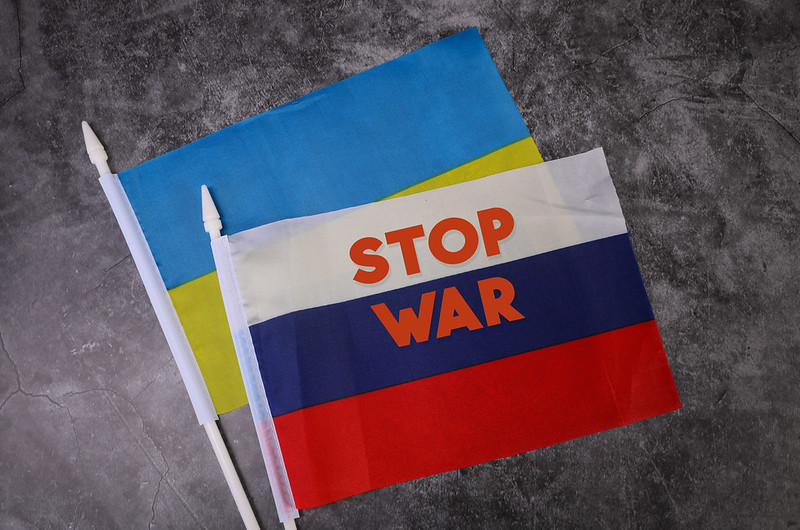Ukraine’s stunning reversal of the tide of the war is due to a number of factors. During the Soviet era and subsequently, many Western analyses have mistaken the number of Russian soldiers and weaponry for quality. The inability of the Russians to produce an adequate amount of their own weapons and the refusal of China to come to their rescue have left them desperate enough to reach out to Iran and North Korea for assistance. Meanwhile, the United States and other Western nations have been providing the Ukrainian armed forces with billions of dollars worth of some of the most sophisticated modern weaponry available, as well as data from satellites and other intelligence to help with targeting. The primary factor, however, is motivation. Ukrainian soldiers are fighting for their country. Russian soldiers are fighting an imperialist war. From Vietnam to Afghanistan, we have seen how such a disequilibrium can disadvantage even the most powerful armed forces.
Putin could have entered negotiations, and probably won an agreement to allow for limited autonomy of the predominantly Russian-speaking regions and an agreement that Ukraine would not join NATO or allow the stationing of foreign troops within that country. He could have then declared victory and withdrawn. Instead, he’s doubling down by invoking a mobilization drive, provoking unprecedented resistance in Russia.
The internal resistance in Russia, which continues to grow in the face of increasing repression, may prove even more decisive than NATO support for Ukraine.
Putin’s referenda in the occupied Ukrainian regions of Donetsk, Luhansk, Zaporizhzhia, and Kherson are a complete sham. Most opponents have fled, there is no secret ballot, no campaigning by opponents is allowed, there is no international supervision, and parts of those territories are war zones. Putin has now claimed that the people of these regions overwhelmingly want to be part of Russia and has announced the annexation of the territories, thereby insisting that Ukraine and its Western backers are attacking Russian territory and giving him an excuse to escalate the war still further. Though the nuclear option he has threatened is unlikely, it cannot be ruled out.
Meanwhile, President Biden is correctly insisting that Russia cannot unilaterally change international boundaries or expand its territory by force. However, the United States is the only government in the world to formally recognize Israel’s illegal annexation of Syria’s Golan Heights and Morocco’s illegal annexation of the entire country of Western Sahara (a full member state of the African Union which has been recognized by over 80 countries.) U.S. government maps, unlike most world maps, show both these areas as part of the conquering nation with no delineation between them and U.S. government reports treat these territories as inherently part of the occupying power. Even under Reagan and the Bushes—who strongly supported both Israel and Morocco—the United States refused to recognize these illegal annexations, with the Reagan administration supporting a UN Security Council resolution (497) declaring Israel’s 1981 annexation of the Golan “null and void.” It was Trump who formally recognized these two irredentist efforts, but Biden—despite reversing some of Trump’s other controversial foreign policy decisions—has refused to heed calls to rescind them. The Western Sahara recognition has been particularly controversial, with State Department officials, allied governments, and members of Congress ranging from liberal Senator Pat Leahy to conservative Republican Senator James Inhofe opposing it.
Given that the United States is the only government in the world that has formally recognized Israel’s illegal annexation of Syria’s Golan Heights and Morocco’s illegal annexation of Western Sahara, it puts the United States in a weak position to challenge Russia’s illegal territorial expansion. Biden administration policy provides an opening for Putin and his apologists to claim that the U.S. support for Ukraine is about geopolitics, not principle.
